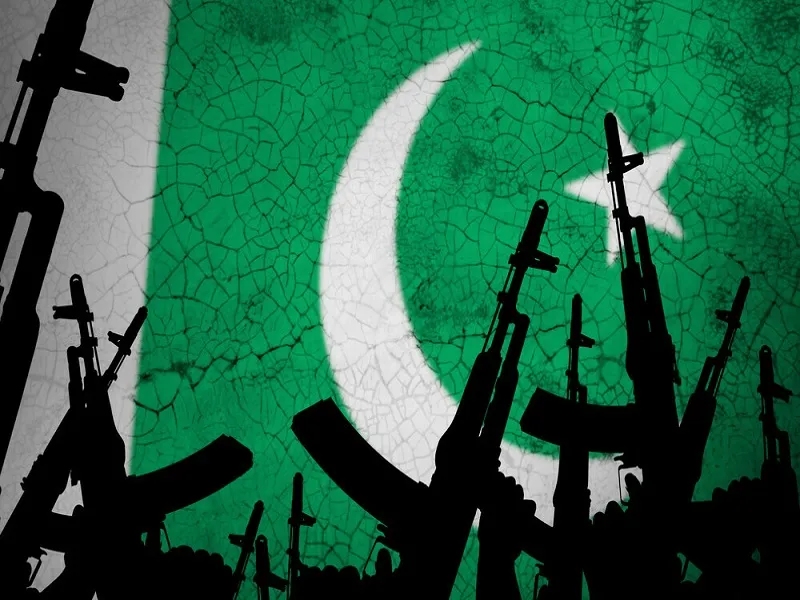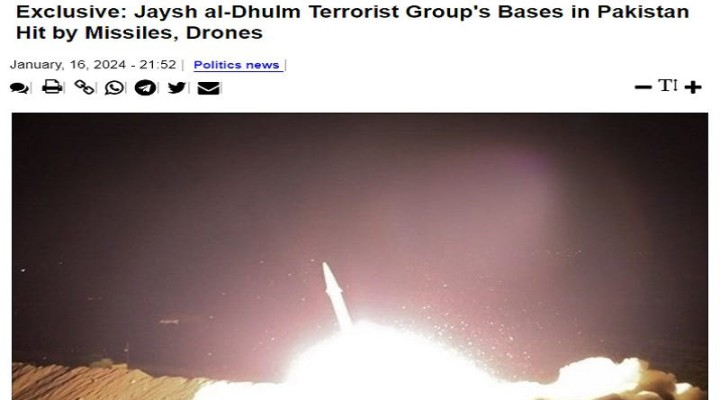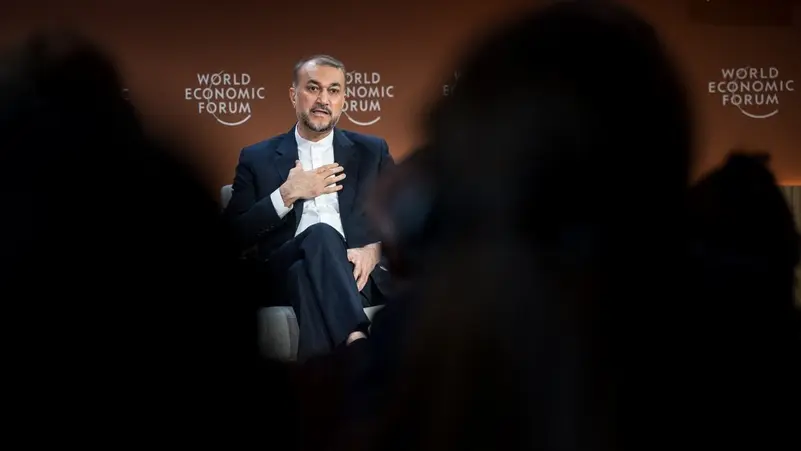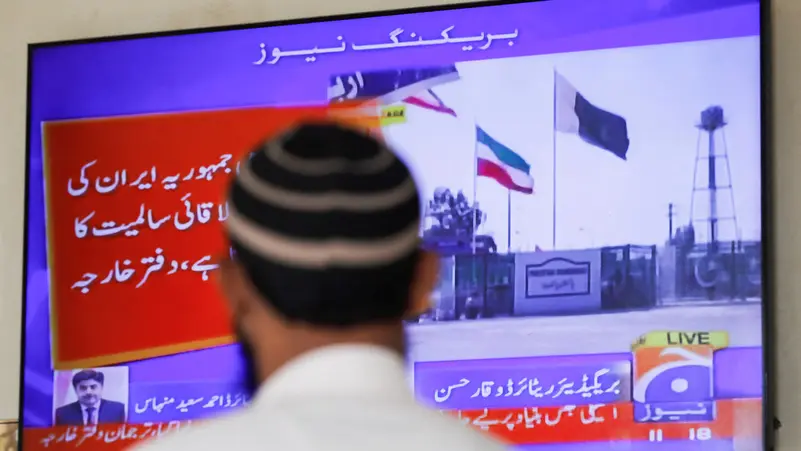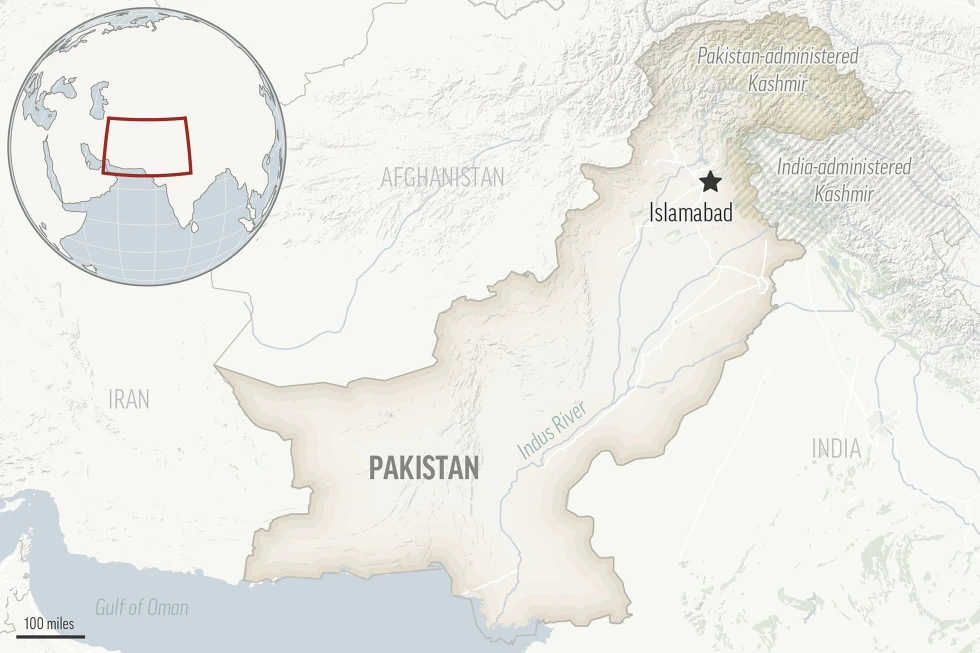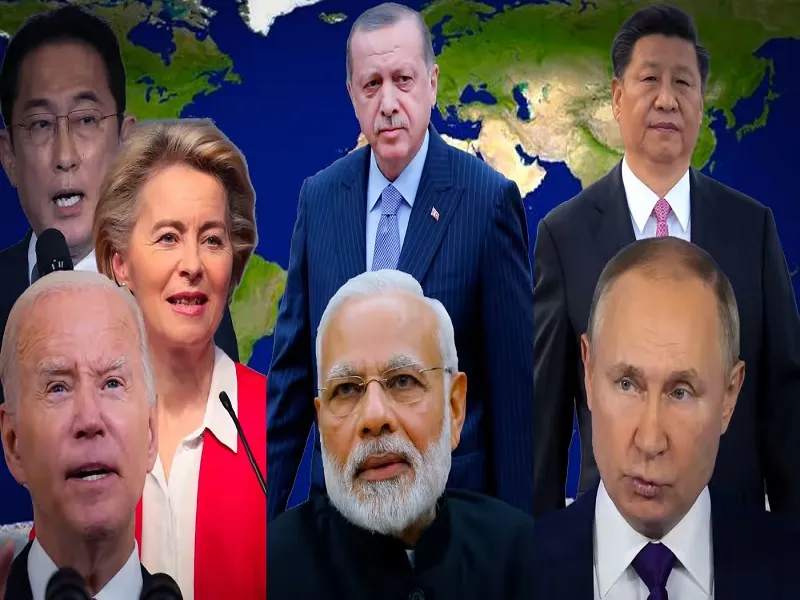Experts react: What’s really going on with Pakistan and Iran exchanging attacks?
On Tuesday, Iran used missiles and drones to strike western Pakistan near Koh-e-Sabz. On Thursday, Pakistan conducted airstrikes in southeastern Iran near Saravan, then released a statement claiming that “Iran is a brotherly country.”
More than a sibling squabble is going on here. Iran and Pakistan were apparently targeting hideouts of armed non-state actors—Jaish al-Adl in Pakistan, and the Balochistan Liberation Army and the Balochistan Liberation Front in Iran—that each country accuses the other of harboring. Will the tit-for-tat strikes escalate? How does this flashpoint fit in with ongoing conflicts involving Iranian proxies in Yemen and Gaza? Below, experts from our Atlantic Council family share their insights.


